Last year felt like a quieter year for Asian film, at least based off the films we ended up seeing that made their way overseas.
Sure, we had three new Hong Sang-soo films (with another likely to come in this new year) and the Netflix produced Okja from the talented Bong Joon-ho in 2017 but outside of the name directors from South Korea, it didn’t quite feel like there was a whole lot to look forward to or anticipate as the year started (at least, from this writer’s perspective). Even Hirokazu Koreeda’s curious jump from family dramas to courtroom thriller in The Third Murder didn’t fully register with us even when the first bit of marketing around it landed early in the year.
Things would change however towards the latter half of 2017. Buzz around new films by emerging filmmakers premiered on the festival circuit to much adulation (films we hope to see make their way to Australia especially in 2018). News also of returning filmmakers equipped with exciting projects also began to surface (in some cases, re-surfacing!).
So as we move into the new year, we ask: which Asian films should you be keeping an eye on in 2018?
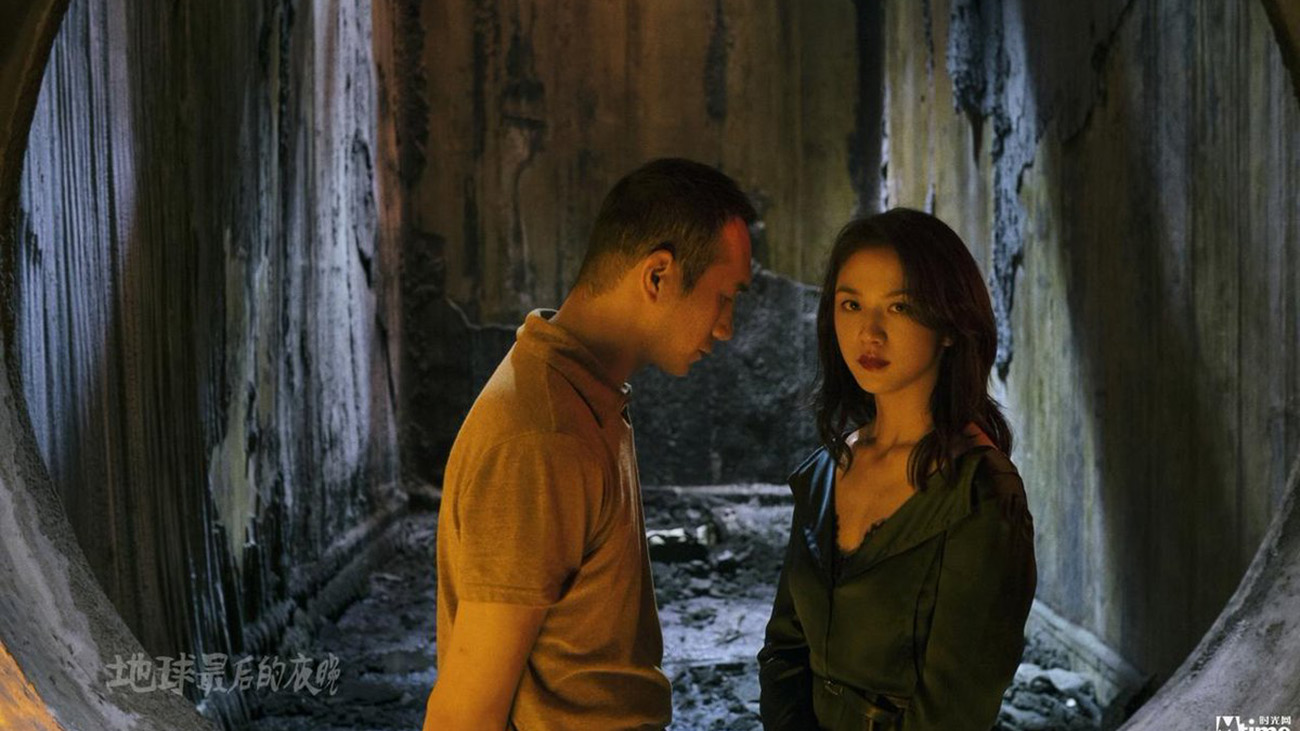
Long Day’s Journey Into Night (China)
After stunning festival audiences and esteemed filmmakers alike with his dreamy trip across rural China in the gorgeously shot debut feature, Kaili Blues, Chinese director Bi Gan will return this year with new film Long Day’s Journey into Night.
Although it has no relation to the American play (that we know of at this stage anyway), the film does tout itself as a neo-noir and will include Tang Wei, Sylvia Chang and Huang Jue in its cast.
Fans of Kaili Blues will no doubt experience similar attention to Gan’s lush visuals and storytelling, as part of the film’s official synopsis reveals: “Past and present, realism and dream combine in a profoundly visual and highly innovative film noir ballet”. Count us in.

Little Forest (South Korea)
While we aren’t expecting Little Forest to make a huge splash with wider audiences, nor are we really looking forward to how the film will interpret the therapeutic qualities of the Japanese original starring Ai Hashimoto (although it is interesting to consider), what we are keen to see is the acting career of Kim Tae-ri continue to flourish.
In Little Forest, the breakout star of The Handmaiden leads as Hye-won, a young woman retreating into the countryside to live a simpler life and escape drama in the city. Based on a Japanese manga which was turned into a two-part slice-of-life film in Japan, Little Forest also stars the terrific Moon So-ri (Oasis, Hill of Freedom) which will no doubt lead to some great mother-daughter interactions between her and actress Kim.
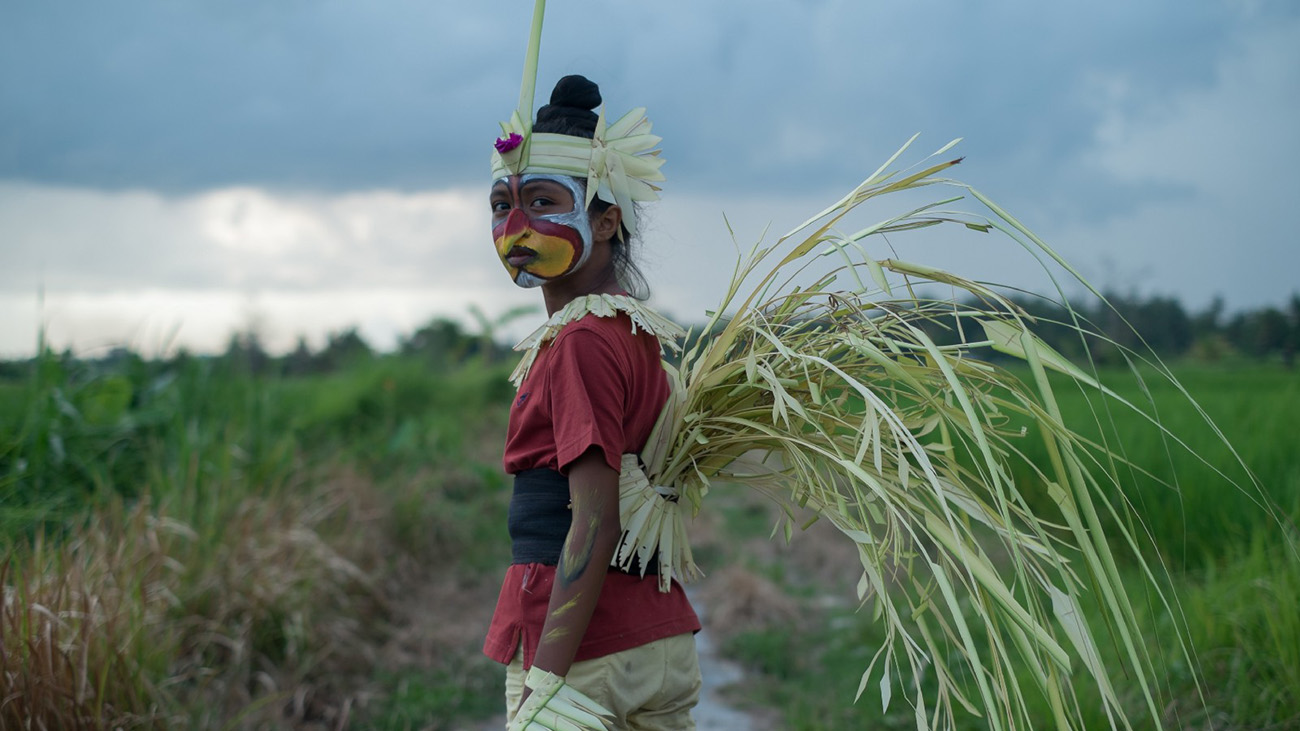
The Seen and Unseen (Indonesia)
We love the work of Indonesia’s Kamila Andini, whose amazing short films have previously been covered on our site! Her second feature film, The Seen and Unseen, has already made its way to several festivals including Toronto International Film Festival and Singapore International Film Festival and sees no sign of stopping any time soon.
The Seen and Unseen tells a story of familial bonds, told from the perspective of children and rendered through their dreams and imagination. The impending death of her twin brother quickly leads to a young girl’s retreat into a world of fantasy where she learns to cope with loss.
Andini reunites with cinematographer Anggi Frisca following their collaboration on Andini’s short film Following Diana for a project that has been described as ethereal in the same manner as Thailand’s Apichatpong Weerasethakul.
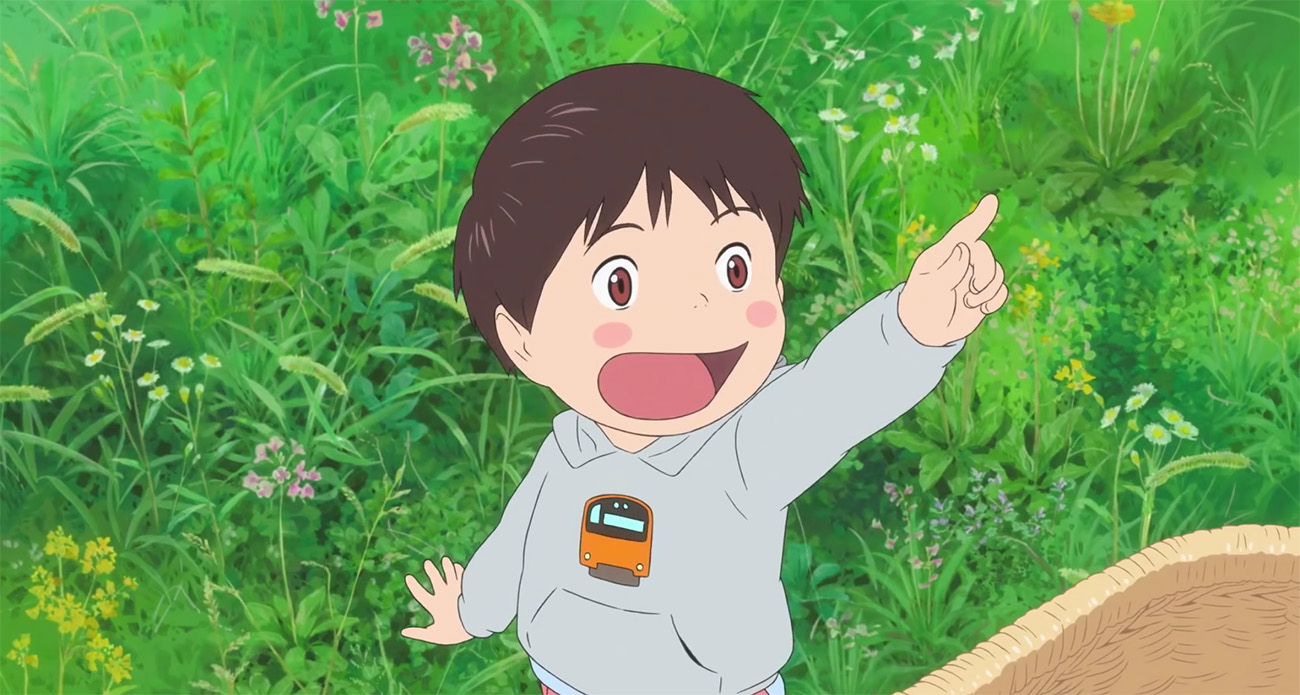
Mirai of the Future (Japan)
We’re also excited for the new time travel fantasy adventure from Mamoru Hosoda, one of the leading voices in modern anime today. Hosoda’s back catalogue of films is certainly nothing to scoff at and with his latest film, the animation director returns to the sci-fi elements that made him a household name.
With the arrival of a new younger sister in the family, four-year old brother Kun-chan begins to feel he is being ignored by his parents. Feeling that their love and attention has been stolen from him, he soon encounters a future version of his younger sister who has traveled back in time to find him.
Is there a connection here between Mirai and Makoto from The Girl Who Leapt Through Time? Perhaps not, but it’s fun to speculate anyway. In any case, we’re certainly looking forward to this one and are certain that its local distributor Madman will find a way to fast-track this one from Japanese screens right into Australian ones.
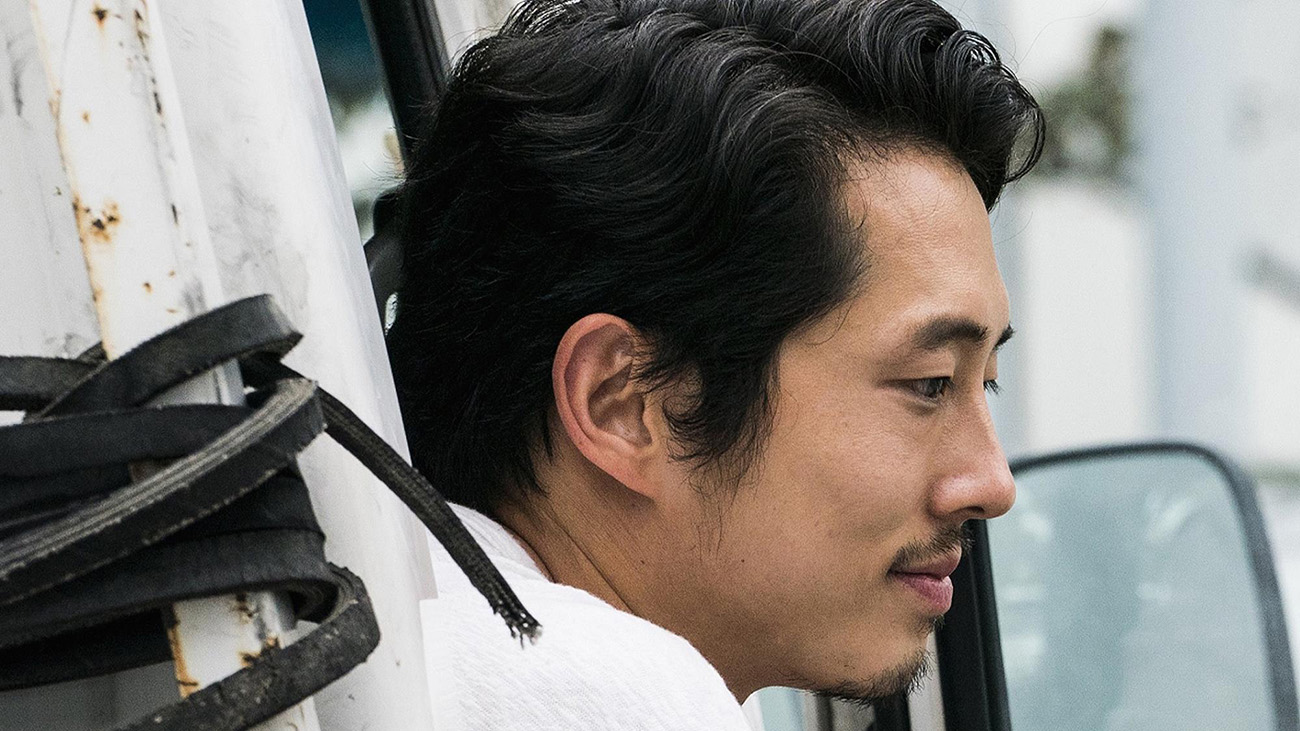
Burning (South Korea)
Eight years is a long time to be away from the business although for Lee Chang-dong, lengthy absences are kind of his thing. But that’s okay because a filmmaker with his pedigree should take all the time in the world to think about making a film.
And in September 2017, it was reported that one of South Korea’s masters was set to make a return. Although his upcoming project was rumoured to have been in the works as early as 2016, serious talks around Lee’s adaptation of a Haruki Murakami short story didn’t quite pick up until late 2017. For the project, Burning has picked up actors Yoo Ah-in (The Throne), Steven Yuen (Okja) and newcomer Jeon Jong-seo for a film that Lee describes as “a story about young people in today’s world”.
The film is slated for a 2018 release in South Korea but don’t be surprised if it pops up at Cannes where Lee’s films have previously been screened and also awarded (Jeon Do-yeon winning Best Actress in 2007 for Secret Sunshine and Lee himself taking home Best Screenplay in 2010 for Poetry).
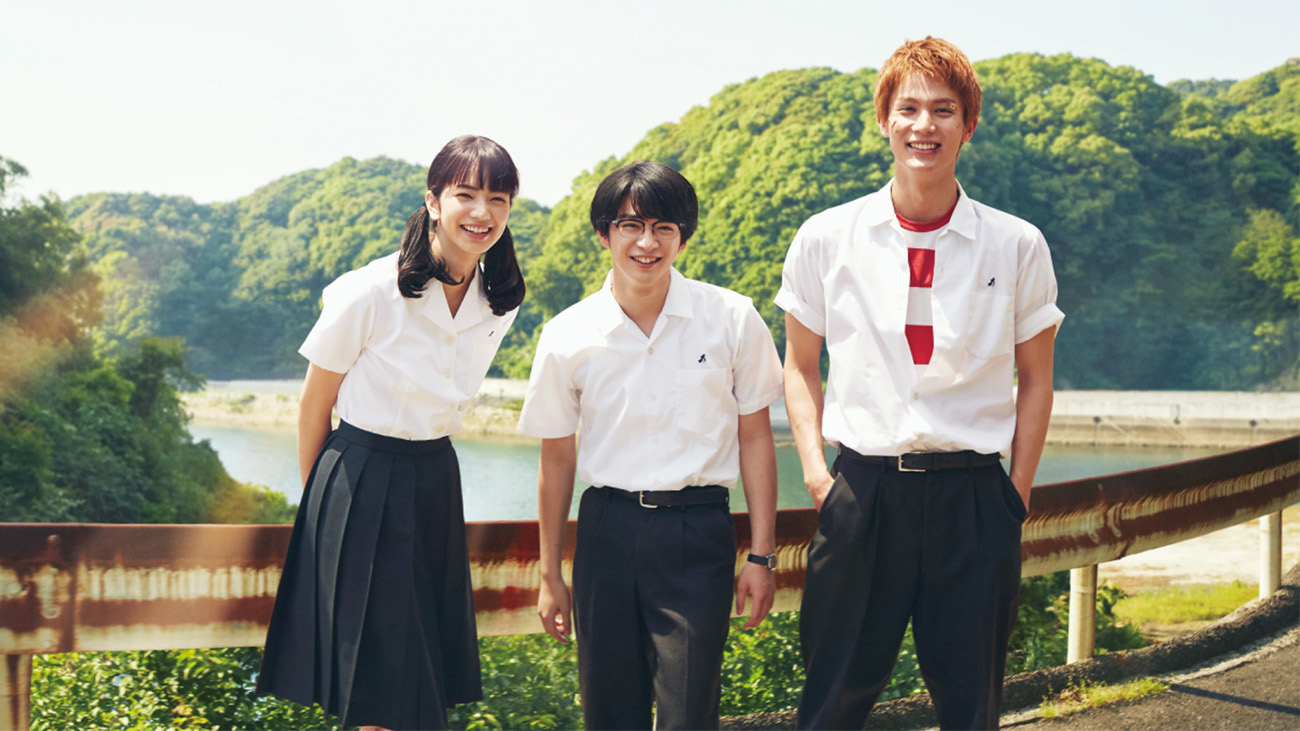
Kids on the Slope (Japan)
One live-action adaptation making its way to cinema screens we’re keen to check out is Kids on the Slope. The original manga was turned into a popular anime directed by Cowboy Bebop and Samurai Champloo creator Shinichiro Watanabe and was also scored by composer Yoko Kanno.
Set in the summer of ’66, this coming-of-age teen story of jazz and romance features a young cast of up-and-coming actors including Yuri Chinen (Mumon: Land of the Stealth), Taishi Nakagawa (Your Lie in April) and Nana Komatsu (Destruction Babies, The World of Kanako).
Sure it might look like most glossy mainstream films coming out of Japan right now but one aspect of this adaptation that does help to set it apart is its director, Miki Takahiro, who previously helmed the very similar Solanin in 2010.
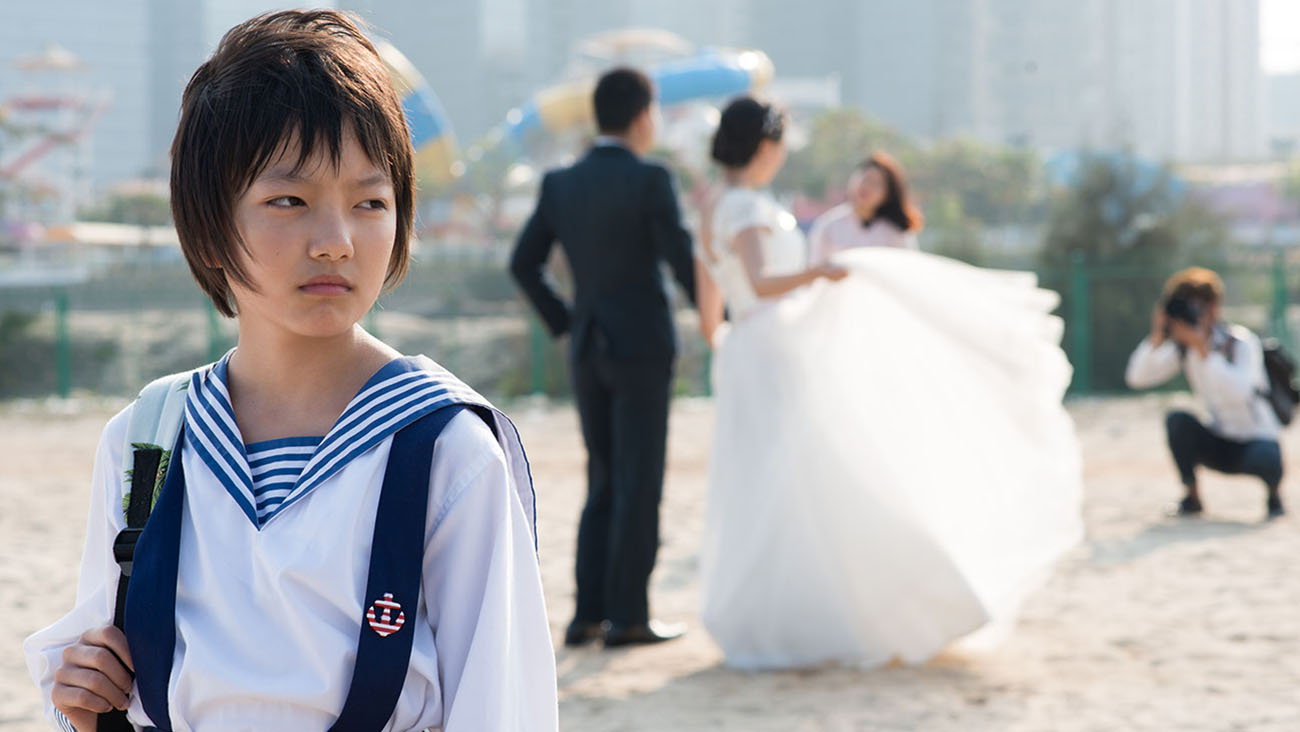
Angels Wear White (China)
As a supporter of independent Chinese cinema, Vivian Qu’s producing credits have led to some fascinating projects which include 2014’s neo-noir thriller Black Coal, Thin Ice. But in 2013, the producer made her debut as a writer-director on Trap Street, a film that scrutinises the country’s surveillance of its citizens with chilling effect.
Qu returns to similar critical territory with her new film, Angels Wear White. Her follow-up to Trap Street explores the corruption of Chinese police who, in the film, cover for a government official involved in the sexual assault of two twelve-year old girls.
It’s fertile ground for some deeply thought-provoking cinema and ranks highly as one of our most anticipated in 2018. So far, the film has opened the Singapore International Film Festival last year and has also traveled to Venice Film Festival and Toronto International Film Festival where it had its World and North American Premieres respectively.
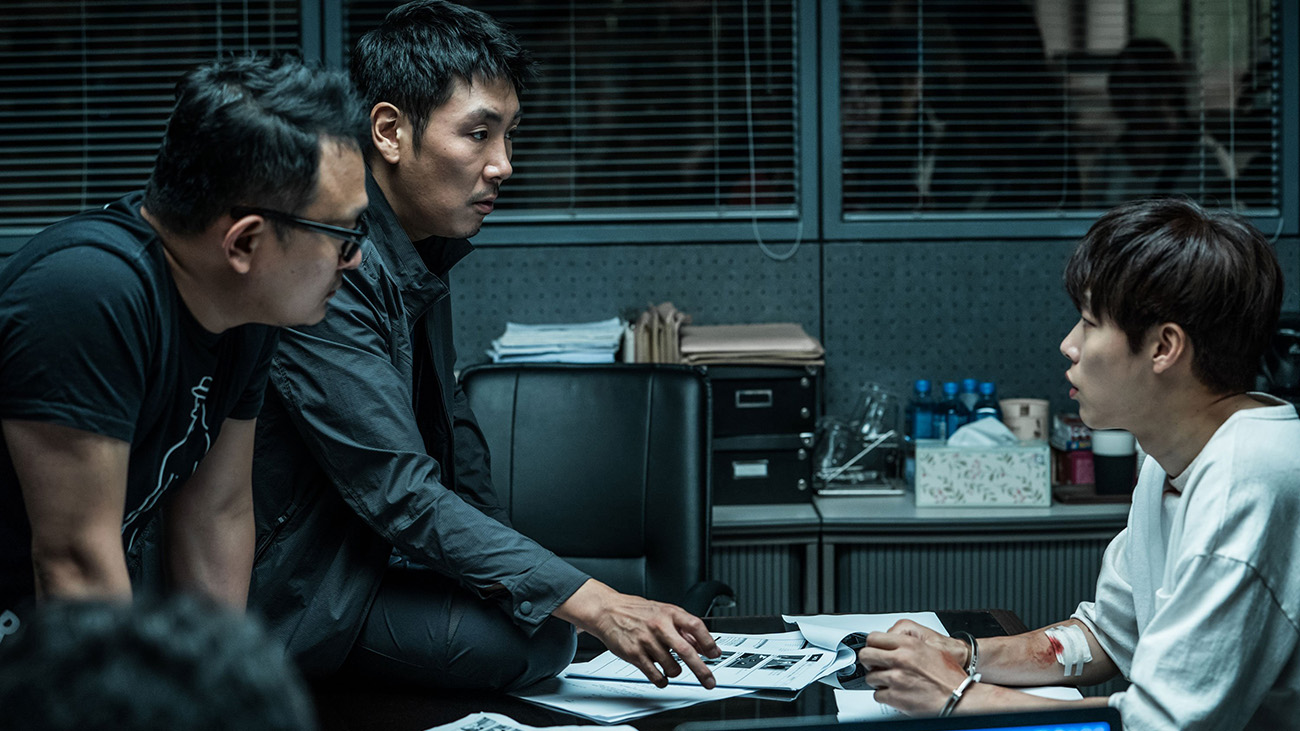
Drug War (South Korea)
This South Korean remake of Johnnie To’s 2013 crime thriller is interesting to us in that we’d like to see what could be done with this film without the constraints of mainland China’s censors.
Drug War will closely follow To’s original, telling an action-packed crime story about an undercover detective working with a lowly cartel figure to take down the biggest drugs distributor in the country.
It’s directed by Lee Hae-young, whose previous film was The Silenced (which makes this a huge departure from that period Gothic mystery) and stars familiar faces in Cho Jin-woong (The Handmaiden, A Hard Day), Ryu Jun-yeol (Little Forest, A Taxi Driver) and the recently departed Kim Joo-hyuk (Yourself and Yours), who completed all his scenes for the film before his untimely passing.
